NON-QM Loans
A bank statement loan is often an excellent option for qualified self-employed borrowers. However, self-employed borrowers must choose the best loan product to help fulfill their mortgage needs.
What is a Bank Statement Loan?
A Bank Statement Loan is a mortgage designed for self-employed individuals, freelancers, and business owners who may not have traditional W-2 income. Instead of using tax returns or pay stubs, these loans allow borrowers to qualify based on their bank deposits, making homeownership more accessible for those with non-traditional income streams.
Why consider a Bank Statement Loan?
Many self-employed borrowers write off expenses to reduce taxable income, making it difficult to qualify for conventional loans. Bank statement loans offer an alternative way to verify income based on cash flow rather than reported earnings. Key benefits include:
No tax returns or W-2s required – Qualify using personal or business bank statements instead of traditional income documentation.
Flexible income verification – Lenders assess cash flow over 12-24 months, offering a realistic reflection of earnings.
Higher loan amounts – Borrowers can qualify for larger mortgage amounts than they might with conventional loans.
Competitive interest rates – Rates are slightly higher than conventional loans but lower than hard money or alternative financing.
Ideal for business owners, freelancers, and gig workers – Provides flexible financing solutions for those with fluctuating income.
A bank statement loan allows self-employed borrowers to access home financing based on real income rather than taxable income, making homeownership easier to achieve.
How Bank Statement Loans Work
Bank statement loans offer a simpler, more flexible approach to mortgage qualification. Instead of requiring W-2s and tax returns, lenders evaluate bank deposits over time to determine borrowing power.
How Do You Qualify for a Bank Statement Loan?
Must be self-employed or a business owner for at least two years.
Provide 12-24 months of personal or business bank statements to verify income.
Credit score requirements vary but typically start at 620-660.
Debt-to-income (DTI) ratios can be higher, depending on financial strength.
Down payment requirements range from 10% to 20%, depending on the lender.
Types of Bank Statement Loan Options
Personal Bank Statement Loans – Use deposits from personal accounts to qualify.
Business Bank Statement Loans – Use business revenue deposits (lenders apply an expense ratio to estimate take-home income).
Jumbo Bank Statement Loans – Available for high-income earners who need large loan amounts beyond conventional limits.
Who Should Consider a Bank Statement Loan?
This loan is ideal for:
Self-employed individuals, freelancers, and gig workers with non-traditional income sources.
Business owners who write off expenses and have lower taxable income.
Real estate investors, consultants, and entrepreneurs looking for flexible mortgage options.
Borrowers needing larger loan amounts than what traditional lenders allow.
With alternative income verification, competitive rates, and flexible approval requirements, bank statement loans make homeownership possible for self-employed borrowers and business owners.
Your Goals. Your Home. Your Brightside.
Home financing should feel empowering, not overwhelming. At Brightside Mortgage, we’re committed to helping you achieve homeownership with confidence, clarity, and peace of mind. Let’s turn your homeownership dreams into reality—together.

